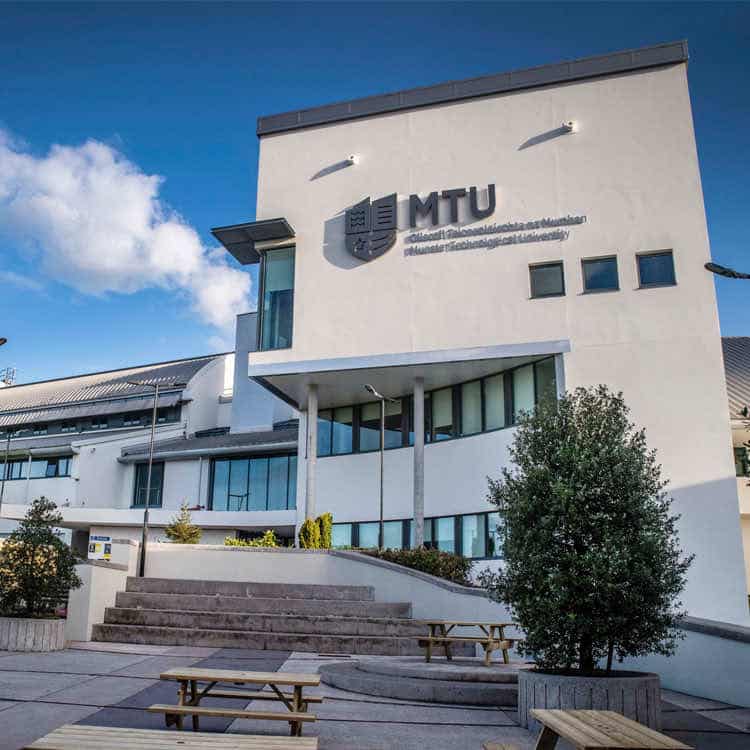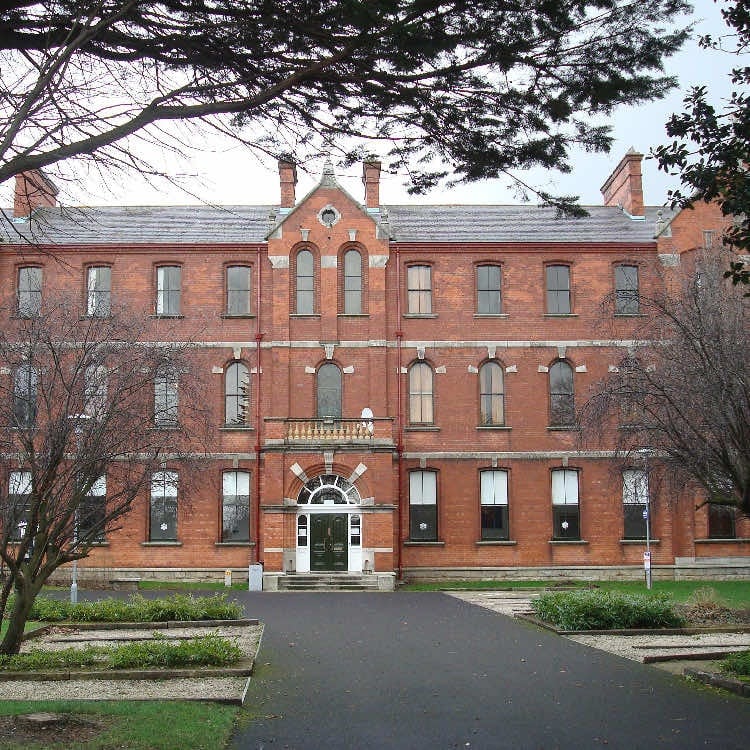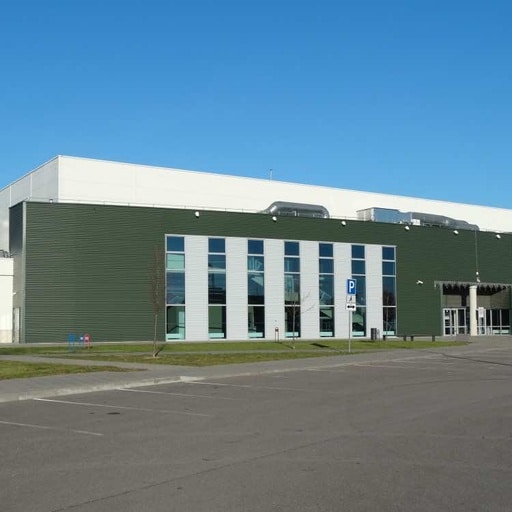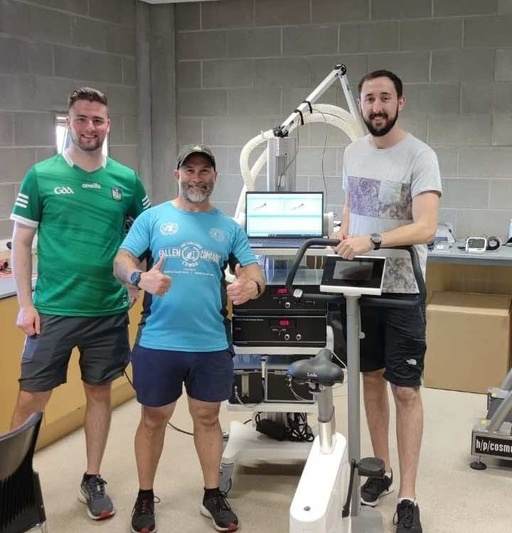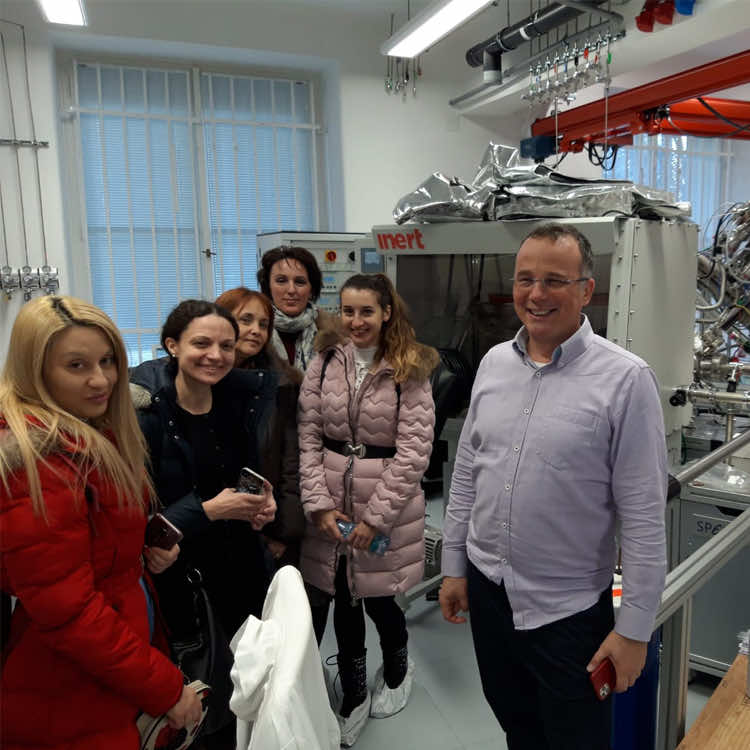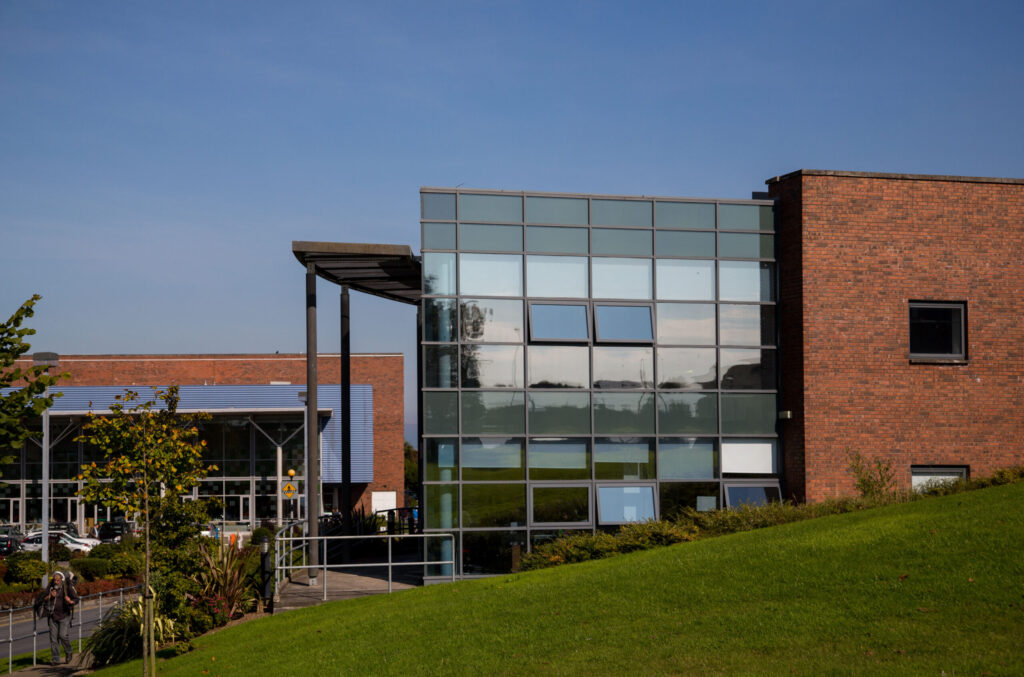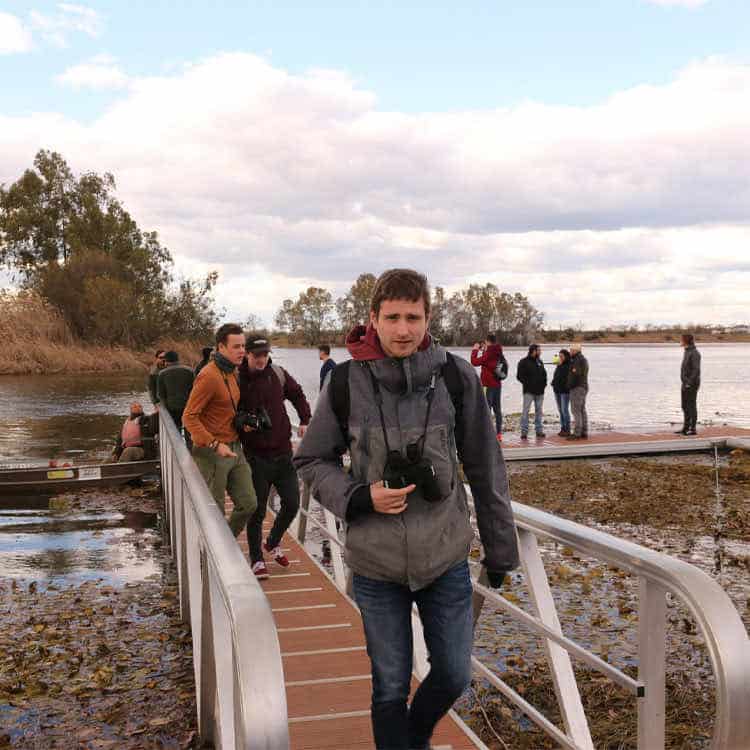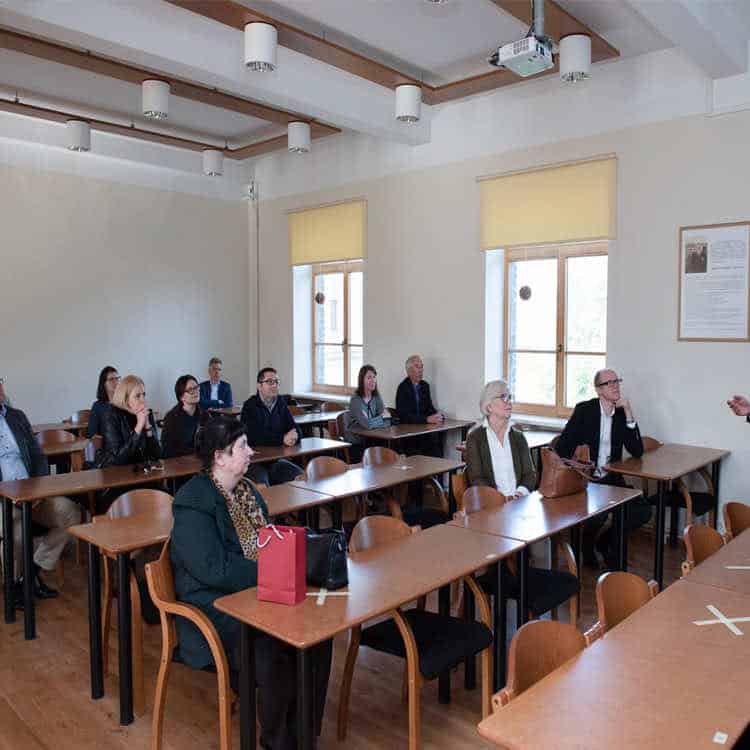All Food Science and Agricultural Technology
The road a meal travels from first being planted as seeds to eventually ending up on a plate can be long and complex. There’s often a need for someone who understands every step of the process, including their nutritional, environmental, and commercial implications.A degree in food science and agricultural technology is aimed at producing the practical problem-solving skills needed to produce a healthier, safer, higher-quality, cheaper, more convenient, and more sustainable food supply. This is clearly a tall order, so students generally focus their efforts on a particular area even at undergraduate level. Apart from mandatory foundation courses in physics, chemistry, biology, and engineering, some available specializations are:Food safety and microbiologyFood engineering, analysis, and packaging developmentDeveloping manufacturing standards and processesFlavor chemistryFermentation scienceFood economics and marketingMeat, dairy, or cerealsAgricultural engineering and bioengineeringAs the production of food on farms itself is adequately covered by other professions, food science and agricultural technology degrees usually focus on the first part, sometimes dropping “agricultural” from course names entirely. Especially in European universities, the two fields are generally kept separate, enabling more focused study.

